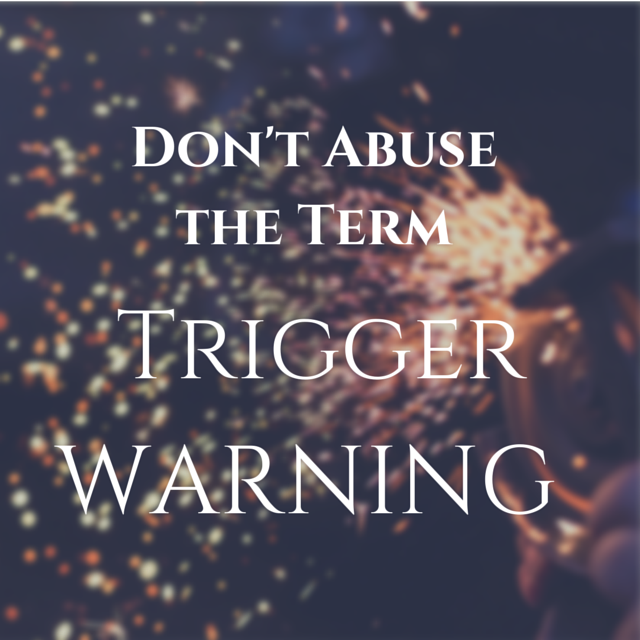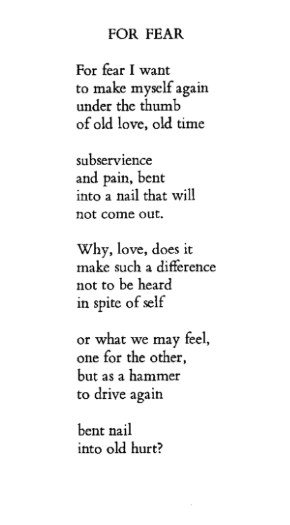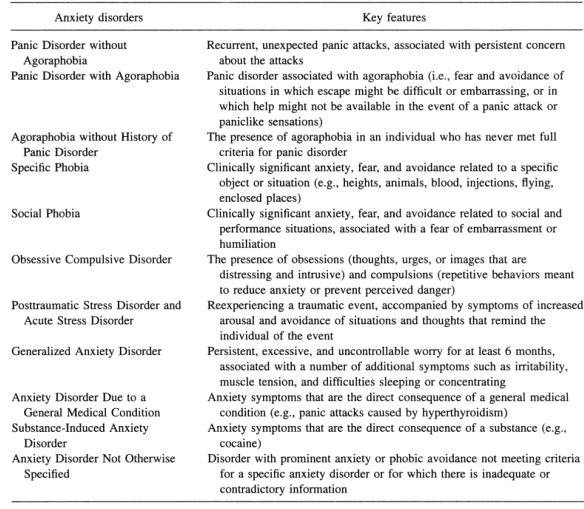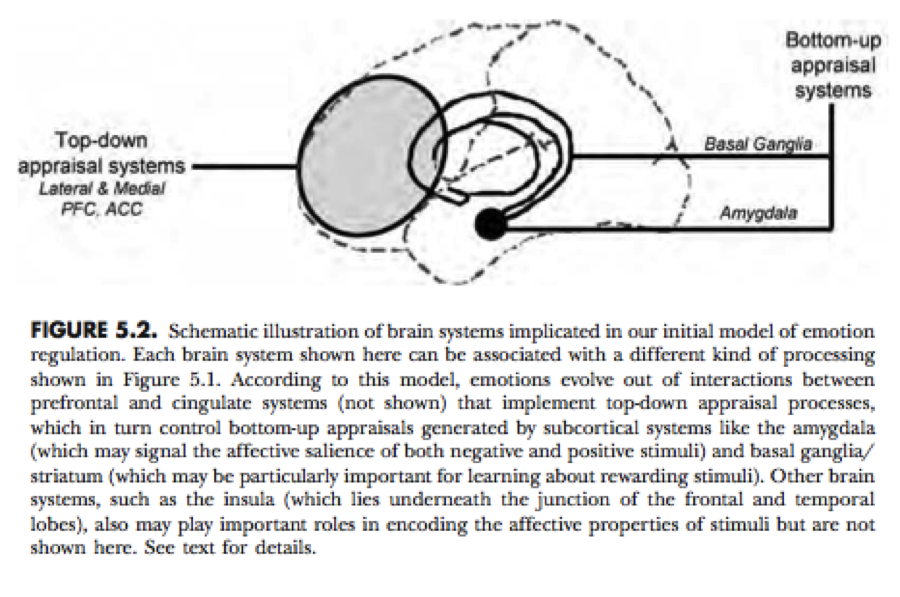For the past month and a half, I have been writing a review essay on a recently released evangelical book on sexual abuse (SA). I have performed a considerable amount of research in the areas of SA, trauma, the effects of trauma, the sociology of SA, its many statistics, its many causes, etc. During this time, I felt a spiritual darkness creeping into my life. And, in my research, I came across some wisdom on the psychology of SA research that was very helpful. Two feminist scholars in particular – Judith Herman, who wrote a famous book on trauma called Trauma and Recovery, and also Jennifer Beste’s God and the Victim – provide helpful observations for those who are immersed in researching and writing about this complex issue.
Each author observed a similar darkness creep into their lives as they performed original research and tried to articulate creative and helpful constructs for thinking about the intersection of human life and SA trauma healing and recovery.
Regarding her experience as a mental health intern during her M.Div. working with SA victims, and performing extensive trauma research, Beste says, “Throughout graduate school and particularly while writing this book, I learned that supportive relationships are not just essential for recovery from trauma; they are also crucial for sustaining one through the trails of the writing process.”[1]
Herman dives even deeper into why this is so. For Herman, one can’t even encounter theories about SA and its trauma without entering into a derivative version of the very trauma itself. The very history of our society’s encounter with trauma proves this point, as Herman comments that we have experienced societal dissociation in encountering the idea that such evil is in our midst:
“The knowledge of horrible events periodically intrudes into public awareness but is rarely retained for long. Denial, repression, and dissociation operate on a social as well as an individual level. The study of psychological trauma has an ‘underground’ history. Like traumatized people, we have been cut off from the knowledge of our past. Like traumatized people, we need to understand the past in order to reclaim the present and the future. Therefore, an understanding of psychological trauma begins with rediscovering history.”[2]
And even beyond the social, broaching our very own human individuality, an encounter with the reality of SA, even in literature, forces someone to make a decision: to believe or not to believe; to credit or discredit; to choose the perpetrator (who asks for silence, and in return promises nicety, unity, and peacefulness) or the victim (who asks for justice, and in return promises nothing except the possibility of disruption and chaos).
“The study of psychological trauma has repeatedly led into realms of the unthinkable and foundered on fundamental questions of belief. To study psychological trauma is to come face to face both with human vulnerability in the natural world and with the capacity for evil in human nature. To study psychological trauma means bearing witness to horrible events. When the events are natural disasters or ‘acts of God,’ those who bear witness sympathize readily with the victim. But when the traumatic events are of human design, those who bear witness are caught in the conflict between victim and perpetrator. It is morally impossible to remain neutral in this conflict. The bystander is forced to take sides.”[3]
I am relieved that my research and writing is nearly over. Yet, despite its difficulty, it is an issue that needs more work, both because of the severity of its nature and effects (rupturing the core of personhood), and because of its pervasiveness (approx. 1 in 4 women, and 1 in 6 men experience SA before the age of 18).











